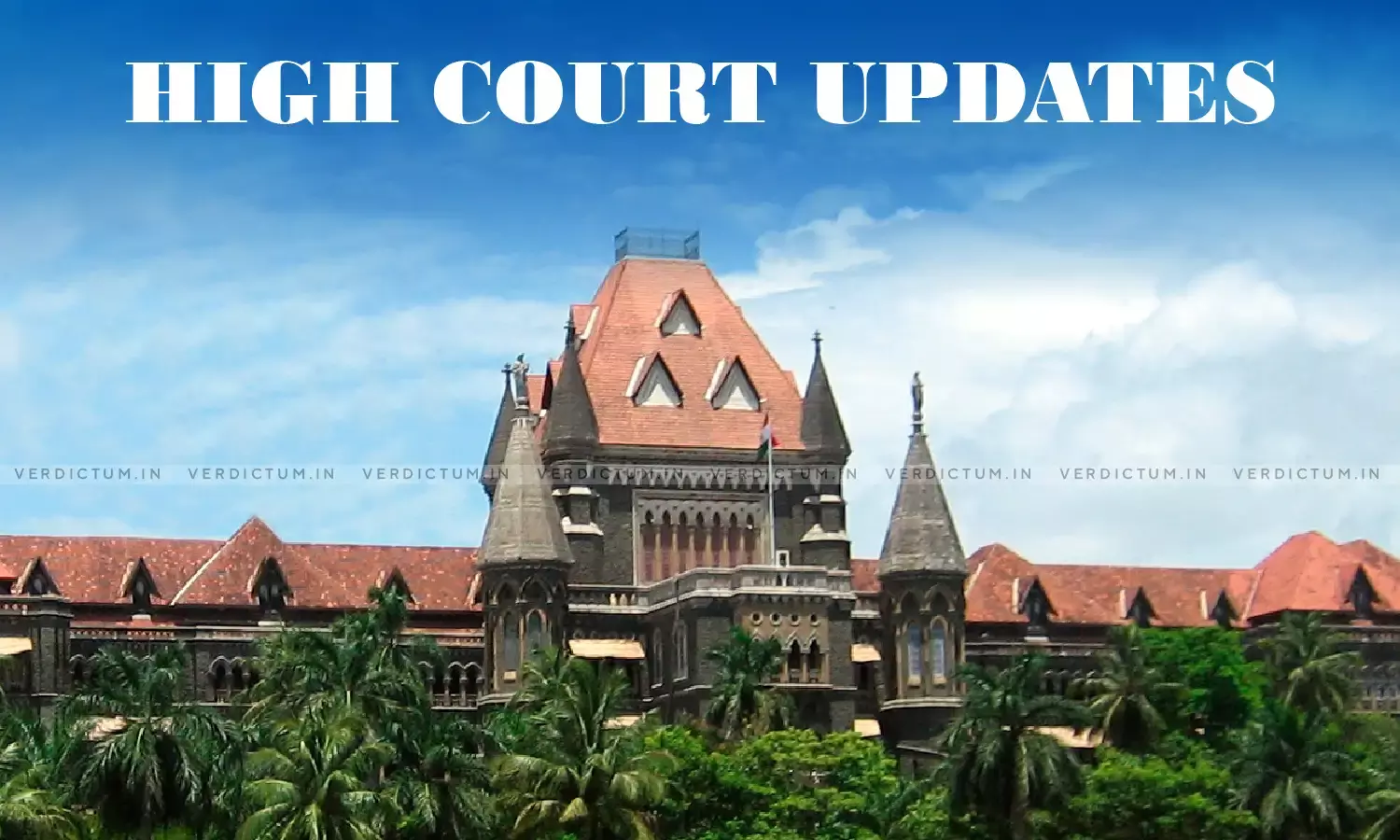Freedom Of Press To Report Regarding Affairs Which Are In Public Domain Is A Right: Bombay High Court

The Bombay High Court has held that it is the primary function of the Press to provide comprehensive and correct information, especially when it is brought into the public domain.
The Single Bench of Justice Vinay Joshi observed that "In other words, the freedom of making a true report regarding the affairs which are in the public domain is a right, which flows from the freedom of speech. The action of defamation about true and faithful reporting is unhealthy for a democratic setup."
As per the case of the complainant the applicants had published a false and frivolous news item in connivance with the co-accused with the sole intention of humiliating him, which had lowered his image in society. Accordingly, he lodged a complaint against the applicants alleging that they had committed an offence punishable under Section 500 of the Indian Penal Code.
The Magistrate took cognizance of the complaint and on examination of available material, the Magistrate issued a process against the applicant and others. Aggrieved by the order of issuance of process, the applicants directly approached High Court.
The applicants- Vijay Darda was the Chairman of Lokmat Media Private Limited whilst Rajendra Darda was the Editor-in-chief of Lokmat Media.
Undisputedly, in the daily edition of "Lokmat", a news item was published concerning the complainant and his family. It was a publication regarding the registration of crime against the complainant and his family members. Feeling aggrieved by such publication, the non-applicant (complainant) filed a complaint of defamation.
It is the case of the complainant that though the applicants were shouldering the responsibility of the items published in the newspaper, they had published the concerned news without verifying its truthfulness.
The Counsel for the applicants submitted that the applicants were not the editors of the newspaper. It was submitted that one Dilip Tikhile was the Editor and responsible person in terms of the Press and Registration of Books Act, 1867.
The Court observed that there was no allegation against the present applicants that they were having knowledge of the publication of such imputation or that they were directly responsible for the publication of such imputation.
"Pertinent to note that the imprint line though conspicuously spells out that one Dilip Tikhile is Editor and responsible under the Act, still he is not made accused. By any stretch of imagination, the liability of publication cannot be stretched to the applicants unless a case of conspicuous malice is made out", the Court observed.
The Court held that the intention on the part of the accused to harm the reputation or the knowledge or reasonable belief that an imputation will harm the reputation of the person concerned was an essential ingredient of the offence of defamation. "There is no material to show that the applicants were somehow concerned with the publication of the defamatory news item", the Court noted.
"Filing complaints about defamation on such news items are nothing but an attempt to shut up and stifle the Reporters /informants and to force them to withdraw the report filed against the persons who are allegedly defamed", the Court held.
The Court also noted that the averments contained in the complaint did not disclose the applicant's role in preparing, editing, or publishing the news item, which was the subject matter of the complaint. The Court further observed that all the allegations contained therein were of general nature and the person who was directly responsible as per statutory declaration was not made an accused.
"I may reiterate that fair reporting of a matter, without insinuations and innuendos i.e. a news item is not actionable. Continuation of such prosecution amounts to abuse of the process of the Court and would not sustain in the eyes of law", the Court held while quashing the impugned order of issuance of process.
Click here to read/download the judgment

